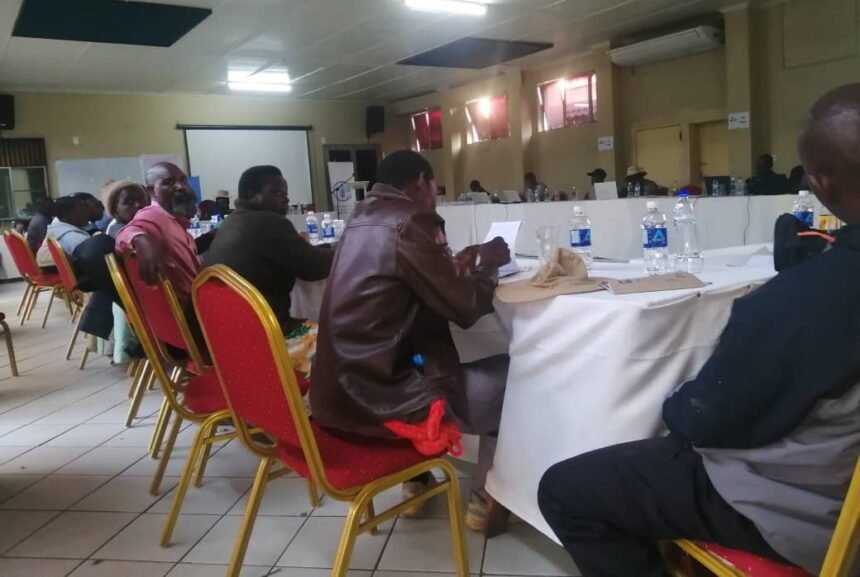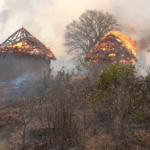By Decide Nhendo
Ministry of Lands, Agriculture, Fisheries, Water and Rural Development (MoLAFWRD) in partnership with various private livestock players has encouraged livestock farmers to form cooperatives for sustenance as the impact of the El Nino-induced drought hits hard on livestock.
The ministry organized a dialogue meeting for farmers, private sector and stock feed providers at Chevron Hotel on June 20 to discuss solutions on reducing drought effects imposed on livestock.
Speaking at the meeting, MoLAFWRD Livestock Production Deputy Director Rutendo Nyahunda said farmers were supposed to form cooperatives and register them, as working in groups was less expensive than as individuals.
“Because of poor rains received this year, there is little feed for livestock, of which the little available feed is of poor quality.
“Farmers are encouraged to form farmer associations within the small-scale producers as they can achieve more with collective action, as it will be less expensive for them,” said Nyahunda.
Bikita Livestock Business Association chairperson Alex Makaye from Bikita South, Ward 3 said the effects of the drought were dire and were making it difficult for them to find feeds for their livestock.
He applauded the move by the ministry and stakeholders on drought mitigation measures, promising that farmers would form cooperatives and legalize them to get access to stock feed providers at a lesser cost.
“Drought has imposed a great threat to our animals because there is shortage of feed. We are grateful to the ministry for the dialogue meeting between various livestock production stakeholders. We have learnt that if we work in cooperatives it will be less costly. A truck can deliver feed in large quantities to our various destinations at a lesser cost,” said Makaye.
Makaye said the number of livestock farmers in Bikita was decreasing because of low prices of livestock as they were not able to produce quality livestock for competitive markets.
“In Bikita we have around 60 farmers who do commercial livestock farming. The number of farmers is decreasing because of the quality of cattle which fails to meet standards at abattoirs hence the low prices,” said Makaye.







